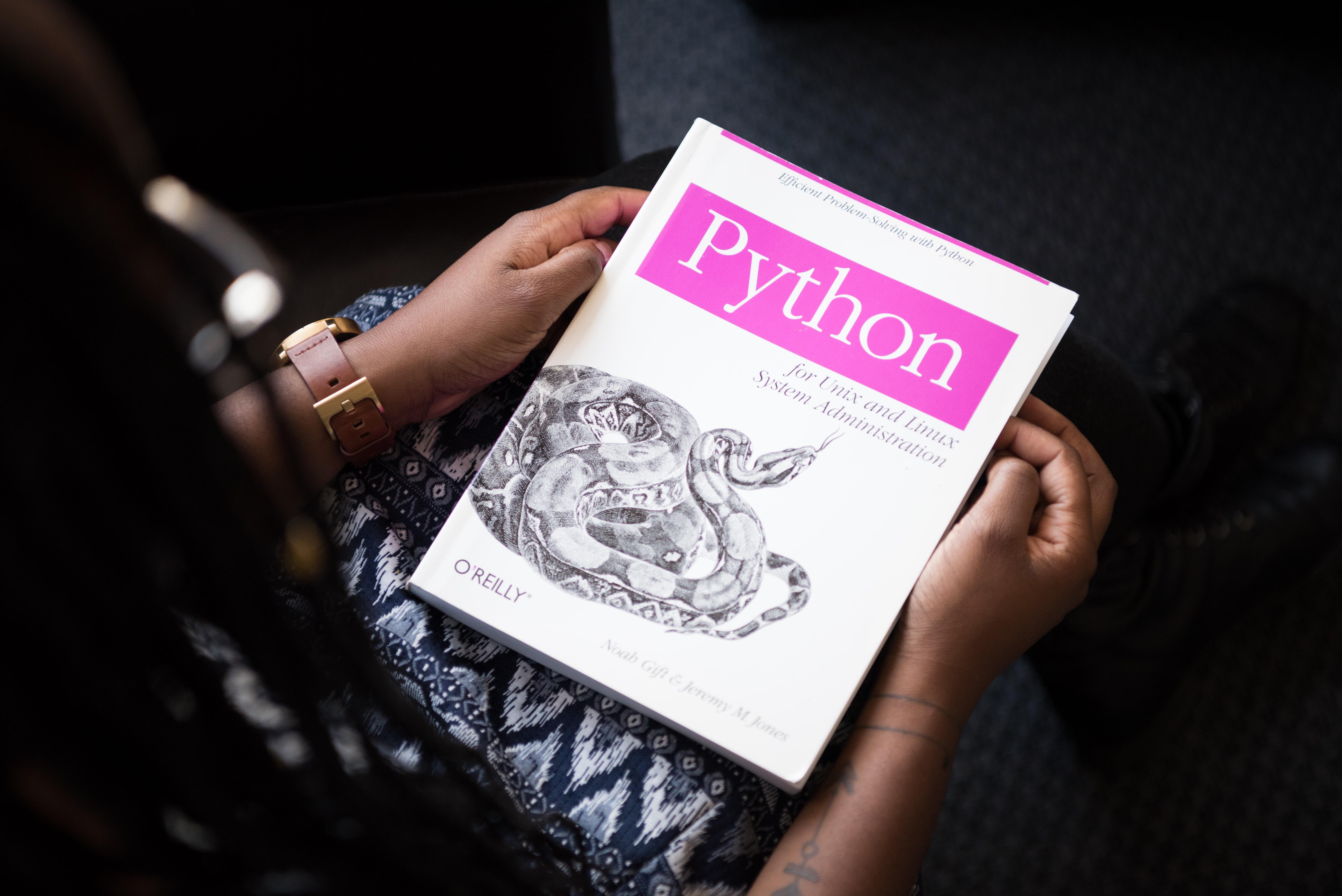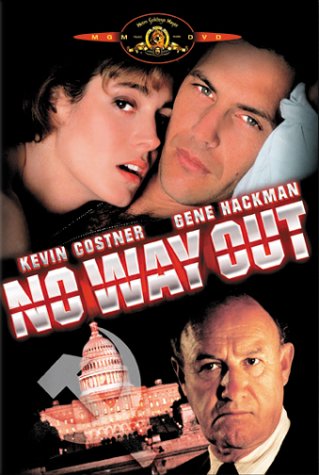A Full Stack Developer can look forward to huge financial and career opportunities.
Salary:
As of March 2020, the average Full Stack Developer earns
$113,444 annually.
Education:
Companies may ask for a CS/IT degree but this is not the general
rule. In the case of being a Full Stack Developer, the skill-sets that
you acquire through experience tend to be more important than a CS
degree because the academic model can be outdated for most needs in
the real world to be productive.
Skills and Requirements: What to Look For When Hiring a
FullStack Developer
- Full-stack developers are software or website programmers who
combine the roles of front-end and back-end developers.
- Strong organizational and analytical skills that address technical
as well as consumer needs.
- Front-end technologies such as HTML, Javascript, CSS, jQuery,
Angular, and ReactJS.
- At least one or two programming languages, i.e., C#, Python, Java, etc.
- Knowledge of relational database systems.
- Understands the principle of basic prototype design and UI /UX design.
- Exposure to handling servers.
- Knowledge of web services or API, and version control systems.
- Familiar with security concerns, algorithms, and unit testing.
- Able to see the full picture and provide help to the team in
strict budget circumstances.
Career Boosting Skills
Ability to write back-end code in C#, Ruby, Python, Java, PHP languages.
Front end technologies, i.e., Angular, React, Ember.js, Vue.js,
Knockout.js and etc.
Understand, create, and debug database related queries.
Management of relational (MySQL, Oracle, PostgreSQL, etc) and non
relational (MongoDB) databases
API building and API integration
Can play different roles in the organization and be able to help
team members decide on the architecture of future applications, review
designs, and advise on how to improve an existing app’s architecture.
Difference Between a Full Stack Developer and a DevOps Developer
- Full-stack developers work on everything in the stack from
database to javascript.
- DevOps is the discipline of being involved in both development
and deployment.
Can You Become a Full Stack Developer Without a Degree?
Finding business-minded developers is exceptional, and finding
developers with business degrees is doubly exceptional. Choosing areas
to focus on towards becoming a full stack developer depends on the
type of technology that may work for you versus another
“stack” that may not. Depending on the project and the
company’s preferences, the full stack developer must possess
front and back end expertise. There are several popular bundles or
stacks – that offer these tools…all of which can be
tackled on your own, at a Bootcamp, or a combination of learning
opportunities that do not require formal education. Here are the most
popular technology stacks.
MEAN Stack
This stack is centered around the
JavaScript programming language, which is used at the front and the
back end. The MEAN stack includes MongoDB non-relational database,
Express – Node.js web application framework, Angular front end
software engineering platform, and Node.js runtime environment for
server-side programming. All these tools are open source. As the MEAN
stack evolves, developers can choose from many alternative tools. As
an example, a popular tool combination is React (the front-end
library) with Node.js
MERN Stack
MERN is a collection of
JavaScript-based technologies:
M=MongoDB: Popular NoSQL database
E=Express: Light and portable web
program framework
R=React: A javascript library for
building user interfaces
N=Node.js: A server-side JavaScript
run time
LAMP stack
The LAMP stack is an open-source stack
for building web applications. The acronym stands for the
combination in this stack: Linux, Apache, MySQL, and PHP – Linux
is a free, open-source operating system, Apache is an open-source web
server, and MySQL is a relational embedded database. PHP is a server
scripting (programming) language used in this stack.
LAMP stack has been slowly
transforming into LEMP as more and more developers replace Apache with
the NGINX web server.
Ruby on Rails stack
Ruby on Rails is a web application
framework for creating database-backed web applications based on the
Model-View-Controller (MVC) pattern. The framework uses the Ruby
programming language. Besides the language itself, Ruby on Rails
includes the default SQLite database that can run on Apache,
Passenger, WEBrick, or NGINX web servers.
Django stack
Django is the most popular Python
framework. Full-stack developers apply Django, Python, and PHP
programming languages, and may use PostgreSQL or MySQL relational
databases. Django provides ready-made solutions without having to
reinvent the wheel when creating websites. Django developers may use
Angular or its newer versions.
According to the 2019 Stack-Overflow Survey, of the 90,000 people
surveyed, professional developers were asked about “other types
of education” to which 86.8% responded that they taught
themselves a new language, framework, outside of their formal
education. In that regard, software engineers that are self-taught or
gain experience with a database, the operating system, and two or more
programming languages are considered Full Stack Developers.
 What Is a Full Stack Developer
What Is a Full Stack Developer Frontend vs Backend vs Fullstack Web Development - What should you learn?
Frontend vs Backend vs Fullstack Web Development - What should you learn?


















